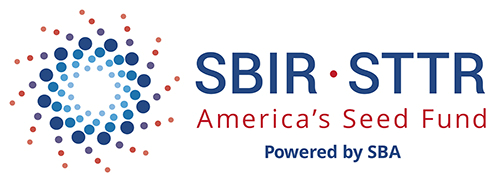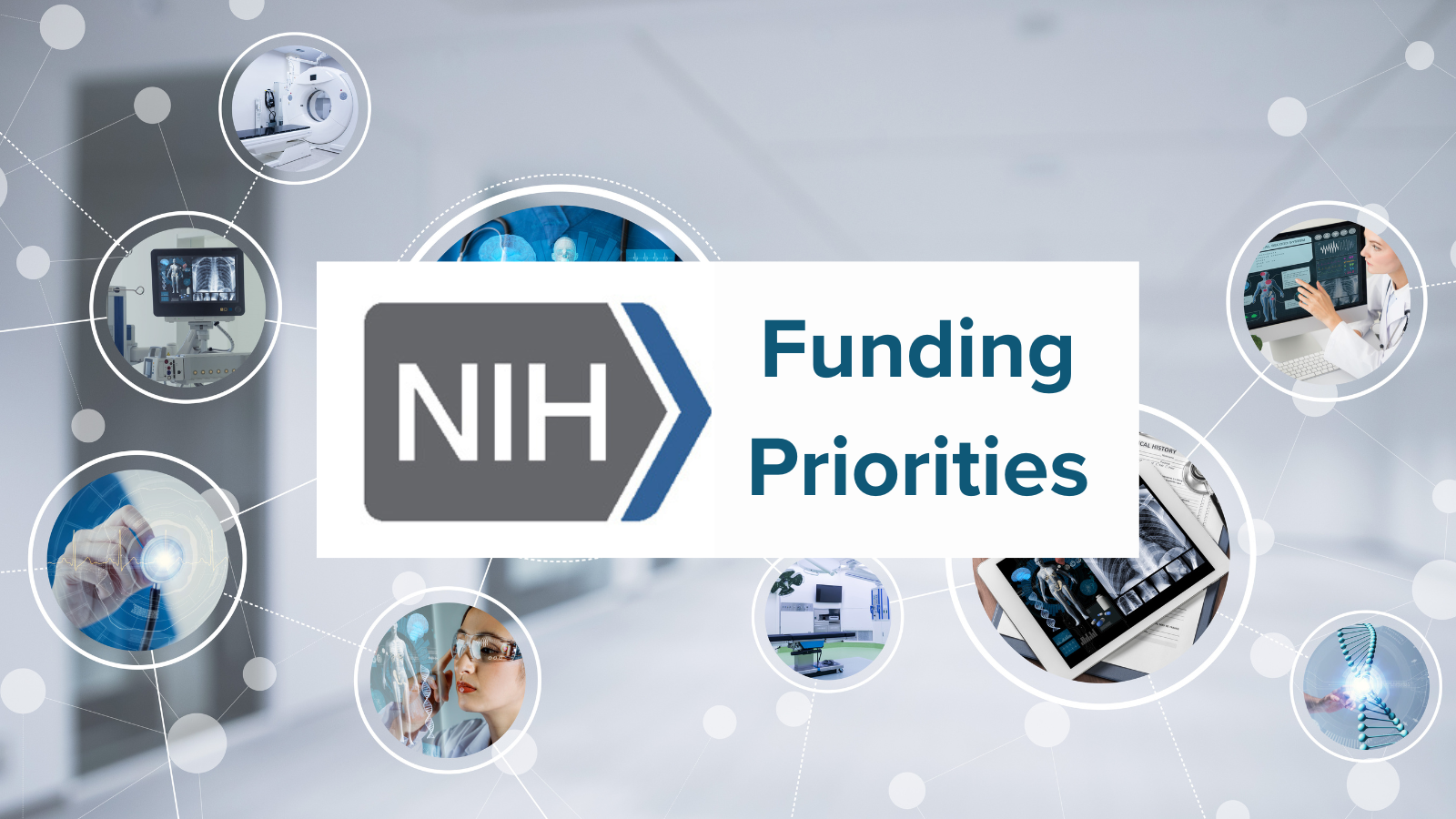Before diving in, let me clarify: I am not an accountant, nor am I providing tax advice. Frankly, it has been very confusing how best to address, mitigate, or outright avoid this tax liability. My aim is to share insights that may help SBIR/STTR-funded companies learn how they could still deduct their expenses performed under the grant, even without Section 174 being fixed.
The Issue with Section 174
Recent changes to Section 174 of the tax code have caused significant concern for companies funded through SBIR/STTR awards. Previously, research and development (R&D) expenses could be fully deducted in the year they were incurred. However, the new rules mandate that these expenses be amortized over five years when recorded under Section 174.
This creates a severe cash flow issue for companies reliant on SBIR/STTR funding. These companies typically spend the entirety of their research dollars on project-related activities. Yet, under the industry’s current understanding of the new rules, a significant portion of the funds (90%) would be treated as taxable income, creating “phantom income” and leaving the company with a hefty tax bill despite having no actual profit.
The result? Many researchers are scaling back or abandoning projects altogether, an outcome that threatens the innovation and progress fostered by these programs.
Seeking Solutions
Companies affected by these changes have actively sought ways to mitigate this issue. The first ray of sunshine was deducting research costs under Section 162, in which a well-constructed reading of the section allows ordinary and necessary business expenses to be deducted. However, the IRS issued Notice 2023-63 in September 2023, suggesting this approach might not be acceptable for R&D expenses.
At first glance, this notice seemed to confirm that SBIR/STTR-funded companies were stuck with the amortization pathway.
More Sunshine: COGS and Section 174
New insights emerged after consulting with experts Rick Kleban and Steve Wyatt from the Sycamore Growth Group. Sycamore Growth Group specializes in research tax credits and has dedicated over 4,000 hours of research to this code section since 2018. They have also consulted with tax law professors, tax attorneys, and Capitol Hill.
According to Rick, the September 2023 IRS notice is not binding and lacks the authority of an official Treasury ruling. Importantly, existing Treasury regulations allow R&D expenses to be fully expensed as Cost of Goods Sold (COGS) rather than being amortized under Section 174.
Even better, companies may still claim R&D tax credits for expenses incurred under SBIR/STTR awards while categorizing those expenses as COGS. To strengthen this position, Rick advises including a disclosure statement with the tax return, clearly outlining the justification for this approach.
Overcoming Reluctance
Understandably, many CPAs have favored the “safer” option of requiring their clients to amortize all of their contract expenses under Code Section 174. However, Rick and his team encourage you to connect them with your CPA to walk them through their legal findings. They report that nearly all CPAs who see the evidence are comfortable recording the award expenses on their client’s tax return as COGS instead of 174.
Conclusion
While we are not experts in the tax code, these insights suggest a promising path for SBIR/STTR-funded companies. By leveraging existing regulations and documenting their approach carefully, companies may be able to avoid the devastating tax implications of Section 174.
If you’re impacted by these changes, consider working closely with specialized tax advisors and exploring the resources offered by experts like those at Sycamore Growth Group. A tailored, well-documented strategy could help your company continue its vital research without bearing the unnecessary burden of “phantom income.”

